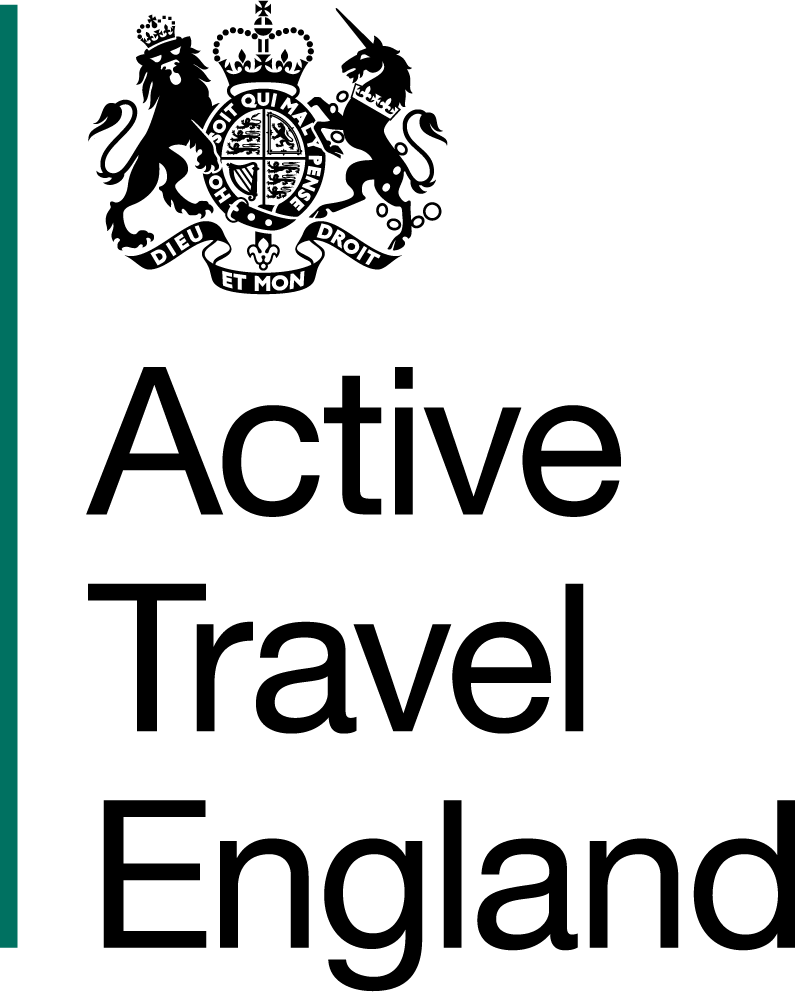1. Glossary
| Term | Definition |
| 1st4sport | 1st4sport is an awarding organisation recognised and regulated in England by the Office of the Qualifications and Examinations Regulator (Ofqual). To work as a cycle instructor, you must hold a 1st4sport Level 2 Award in Instructing Cycle Training. |
| ATE | Active Travel England (ATE) is the government’s executive agency sponsored by the Department for Transport. ATE is responsible for making walking, wheeling and cycling the preferred choice of travel for everyone in England. |
| Bikeability | Bikeability is the Department for Transport’s cycle training programme in England and is based on the government’s National Standard for Cycle Training. Bikeability training is also delivered in Wales because of a Memorandum of Understanding between the Welsh Government and the Department for Transport. |
| Bikeability Trust | The Bikeability Trust is a charitable incorporated organisation. It manages, develops and promotes the Bikeability programme on behalf of the Department for Transport. |
| Buddy riding | Buddy riding is where a competent rider cycles behind or alongside a less experienced rider. It can be helpful when you want to give riders the confidence to take part in a certain activity or to undertake a particular journey. |
| Cycle | We use the word ‘cycle’ to be inclusive of all types of rider and human-powered wheeled vehicles, which may include bicycles, tandems, cargo bikes, recumbents, tricycles or quads. These may be electrically assisted. |
| Cycling infrastructure | Cycling infrastructure refers to the physical facilities that are designed to support people who ride cycles, both on and off road. This can include anything from cycle lanes and paths to associated signage and parking. |
| DBS | The Disclosure and Barring Service (DBS) is the body in England and Wales which provides criminal records checks for employers or employees. |
| DfT | The Department for Transport (DfT) works with agencies and partners to support the transport network that gets people and goods travelling around the country. |
| Duty holder | A person or organisation responsible for a certain action or role within a risk management process, who also holds a duty of care towards participants in the activity. |
| Highway Code | The Highway Code applies to England, Scotland and Wales. Its aim is to ensure safety on the road, while also supporting a healthy, sustainable and efficient transport system. |
| Instructor | Instructors deliver cycle training to riders. Bikeability instructors must hold the Level 2 Award in Instructing Cycle Training. |
| L2AICT | Level 2 Award in Instructing Cycle Training (L2AICT) is awarded by 1st4sport and has been developed in partnership with, and is supported by, The Bikeability Trust. |
| National Standard for Cycle Training | The National Standard for Cycle Training is a statement of competent cycling and cycling instruction. It sets out the skills and understanding needed to cycle safely and responsibly and to enable others to cycle. The standard provides the basis for cycle training described in this guide. |
| M check | An M check is a systematic way of completing a maintenance check on a cycle and broadly follows the M shape of a frame on most cycles. Note that it does not work for adapted or non-standard cycles. |
| Rider | We use the word rider to describe someone who is riding any type of cycle. |
| RBA | A risk benefit assessment (RBA) is a method of risk management that considers the risks involved in an activity and weighs these against the benefits of that activity. |
| SEND | Special educational needs and disabilities (SEND) is the current term used to describe children or young people who have a learning difficulty and/or a disability that means they need special health and educational support. In some areas, this is referred to as additional learning needs (ALN). |
